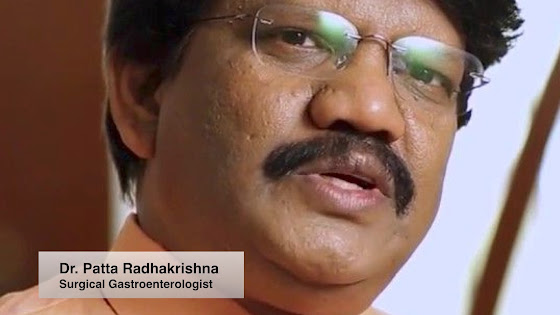Hernia repair surgery is commonly performed either through a laparoscope or through traditional open surgery techniques. Modern hernia surgery repair techniques are less invasive. The recovery rates are faster than the conventional methods with the least discomfort, making less recurrence rate. The patient can expect a faster discharge from the hospital.
The recovery period after hernia surgery:
After hernia repair surgery, the patient is kept in the postanesthesia care unit (PACU) for close monitoring. They will remain there until they are stable. The amount of time spent in the PACU depends on the patient's progress and on the type of anesthesia they had received.
Post-Operative Care And Recovery
- Immediately after surgery: After leaving the post-anesthesia unit, the patient is shifted to the daycare department. The patient is discharged after a few hours.
- There will be negligible pain at the operated site because of pre-emptive analgesia and TAP block.
First Week Do’s And Don’ts
Following are some of the tips that can help to prevent infection, promote healing, and avoid weight gain.
- Depending on wound healing, you can take the patient to shower within a day or two.
- Make sure the patient does not strain abdominal muscles while walking. However, an ideal level of strain can improve circulation.
- Plan a diet rich in fruits, vegetables, and fiber along with a lot of fluids. This keeps constipation at bay. If the patient is straining that results due to inactivity seek immediate doctor's help. Physicians may prescribe laxatives or stool softeners to avoid
- Depending on the recovery you will need to consult your physician before resuming driving.
- Some people resume work within a week; however, it allows the patient to take adequate rest. Depending on the type of surgery, a physician can suggest when a patient should resume work.
- It may take a few weeks for the patients to get back to playing sports. Always remember to seek physician advice before resuming playing any kind of sports.
Tips For A Speedy Recovery
- Ensure that a relative or family stays with the patient after surgery. This will help the patient as he/she is physically restricted to do many things.
- Keep a pillow next to the patient so that in case he/she needs to cough, sneeze, or vomit, he/she can press it against the abdomen. This helps to prevent excessive strain on abdominal muscles.
- Reduce using stairs as it may be physically exhausting to climb up and down.
- Be aware of all the potential complications post-surgery. This enables you to call your doctor immediately if you notice any.
- Be consistent in all your follow-ups with your doctor for your safety and the success of your surgery.
Most doctors ask their patients to return in about a week for a follow-up visit. At this time, all stitches will be removed.
Blog Reviewed By: Dr Patta Radhakrishna
Visit Us : thegastrosurgeon.com
Mail Us: gastrosurgeonchennai@gmail.com
Book An Appointment: thegastrosurgeon.com/book-appointment







This is one of the Best hospital and have the Best surgical gastroenterologist in vanasthalipuram
ReplyDelete